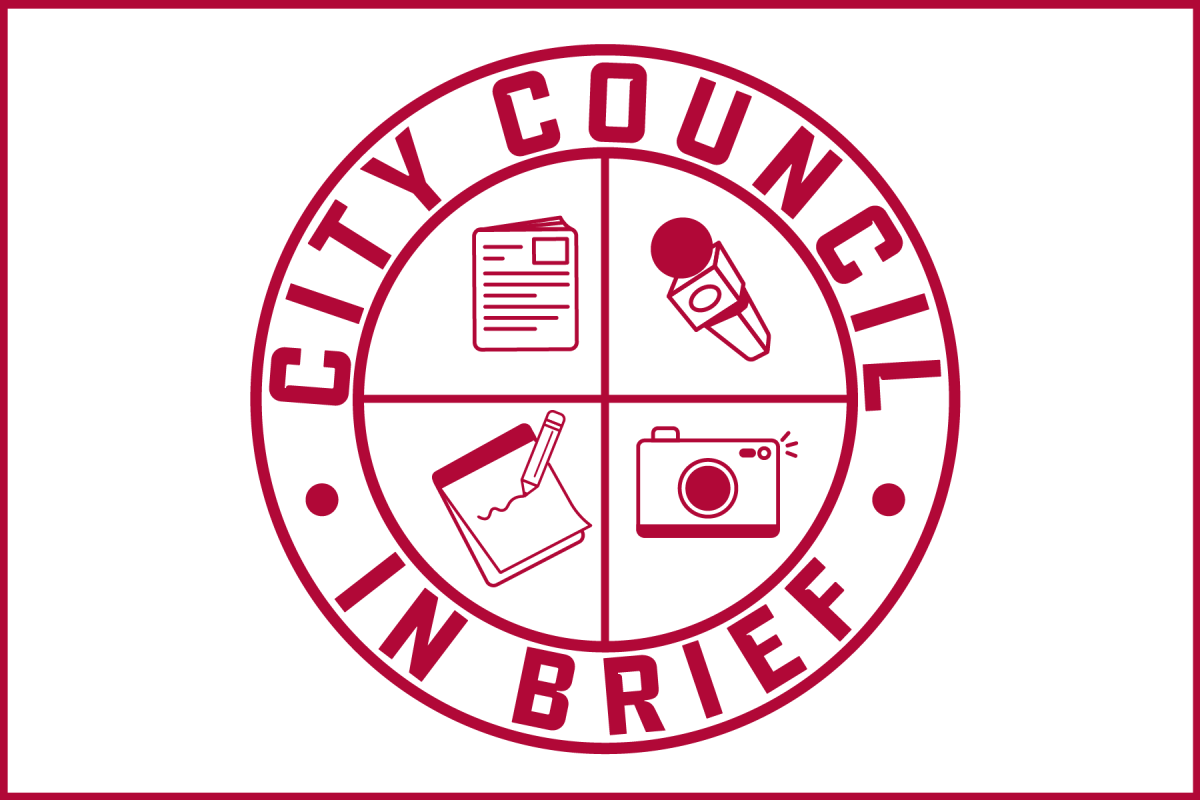UA’s Project Health spoke to students gathered Thursday night about hazing statistics and prevention.
The Student Health Center, the Alpha Kappa Alpha sorority and the Kappa Alpha Psi fraternity organized the forum.
Jessica Vickery, assistant director of Health Education and Prevention at the Student Health Center, began the forum by describing the three basic types of hazing.
“Subtle hazing is really emphasized with power imbalance,” Vickery said. “People above you show you they are powerful by making you do x, y, and z. Next will be harassment hazing – making you do something that can cause physical or emotional discomfort. Finally, there is violent hazing. It has potential to cause physical abuse or severe emotional psychological harm.”
Vickery said everything from social isolation, taking away privileges, sleep deprivation and beating can qualify as hazing. Nearly 95 percent of people don’t report being hazed and 90 percent don’t realize they were hazed, she said.
Vickery said she believes students are so eager to join these organizations that they don’t think about what kind of experience they are having.
“Students don’t realize it’s a negative experience because they think they have to go through it like so many others before them. But you shouldn’t have to go through any process that causes you physical or psychological harm,” she said. “You should be questioning why someone would want me to hurt myself or be emotionally disturbed to be their friend.”
Oscar Holmes, a Ph.D. student in student management, is currently writing a chapter about pledges and hazing in a book for his fraternity, Alpha Phi Alpha.
Holmes doesn’t necessarily think that hazing education will stop the problems occurring in student organizations.
“All college students know what hazing is, and what it is not; but it’s still occurring,” Holmes said. “It’s a problem. Research shows that people haze because it’s a tradition. It’s a power imbalance. People want something so those in authority can make them do something to get it.”
Holmes said he believes that the hazing process normally stems from good intentions, but ignorance can let it run amok.
“People think if you do all these things, it shows your commitment,” he said. “People want an outcome, they want to quantify people’s commitment. If you want to quantify someone’s intelligence, they take a test. People think the test for commitment is hazing.”
Senior Lauren Brown, programs chair for AKA, hoped the forum showed her sisters and other people in attendance that hazing should never be acceptable.
“I hope they realize that hazing isn’t something you have to do to be Greek,” Brown said. “I want them to know that they can keep their morals and values and that they don’t have to change who they are. As the greek community, we need to take a stand against hazing. We should not participate in it.”
Joshua Finch, President of Kappa Alpha Psi, agreed.
“I hope that we have set a precedent for the rest of the greek community, saying that we will not stand for any hazing on this campus,” he said.
Vickery reiterated the point that individuals do not have to follow the organization when someone is being hurt.
“You need to recognize that you as individuals, not an organization, need to step up and take action if you see something wrong,” she said.
Vickery urged any student who sees hazing to report the incident to the Office of Dean of Students or call the Hazing Hotline at (205) 348-7610.
“What’s important is that y’all start breaking this cycle,” she said.








